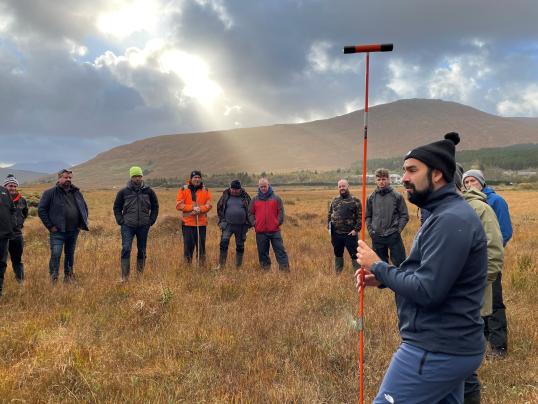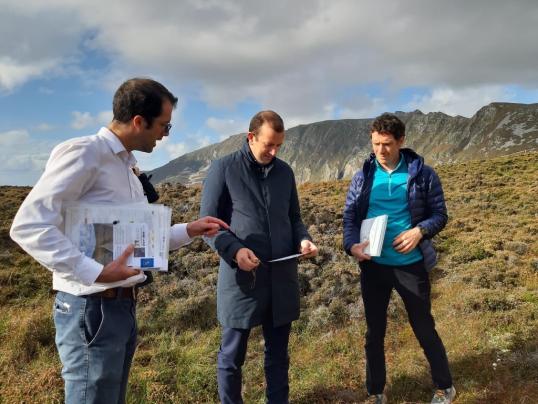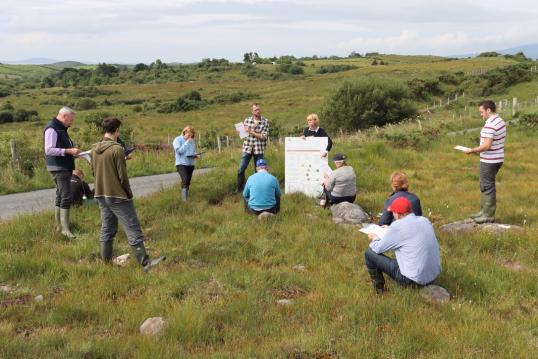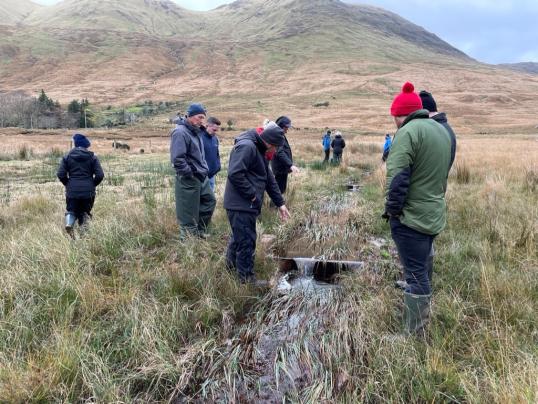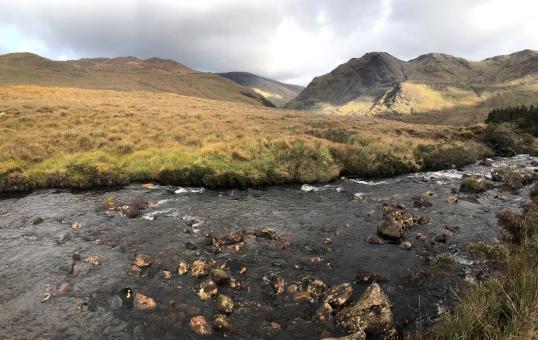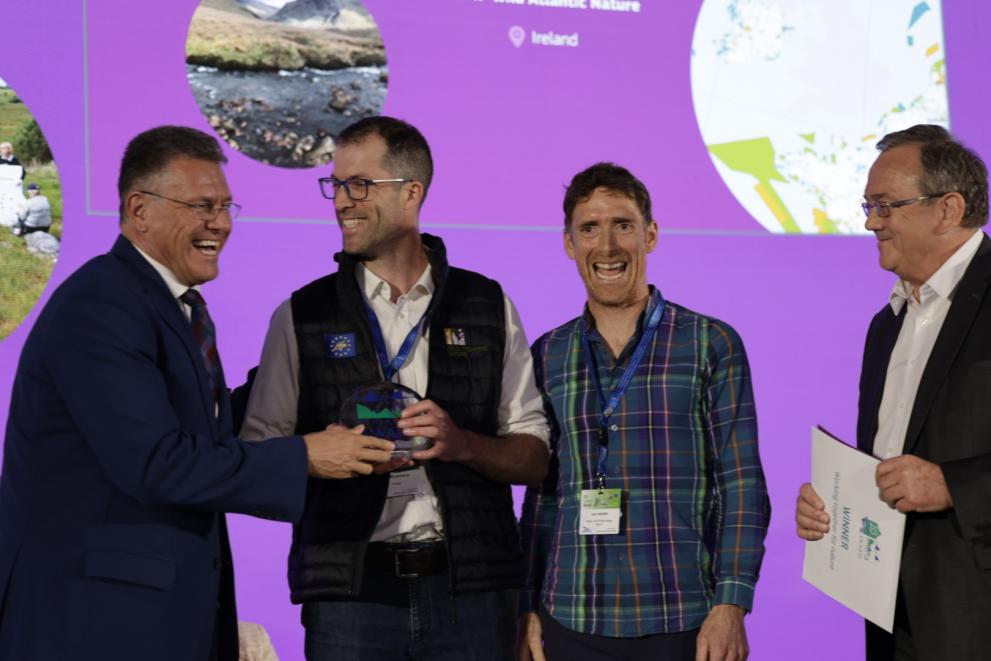
About the winner
| Lead applicants | LIFE IP Wild Atlantic Nature |
| Category | Working together for nature |
| Countries involved | Ireland |
| Main Natura 2000 sites | Owenduff/Nephin Complex, Lough Nillan Bog, Glenamoy Bog Complex and Cuilcagh - Anierin Uplands (Ireland) |
| Website | https://www.wildatlanticnature.ie/ |
Overview
Results-based agri-environment payment schemes (RBPS) are schemes through which farmers and other landowners receive payments for delivering environmental results. For over 25 years, Irish and EU agri-environment policy has used an approach by which landowners had to follow pre-defined requirements to qualify for payments. This approach has not succeeded in halting the decline in biodiversity, in protecting water quality or in reducing carbon emissions, and many farmers have seen their incomes stagnate or decline, in particular for extensive farming in Natura 2000 and other high-nature value areas.
The Wild Atlantic Nature project, funded by the EU LIFE programme, has provided an alternative to the previous schemes. The Wild Atlantic Nature RBPS was a pilot initiative, implemented in 2021-2022, to develop capacity among farmers, farm advisors, policy-makers and scientists to deliver improved ecosystem services – including water quality, biodiversity and climate regulation – in a way that works for both landowners and the environment. The RBPS directly links farmers’ agri-environment payments to the ecological condition of their land through a scorecard-based approach that assesses different habitat types, and captures the level of environmental services provided. In this way, good environmental management is rewarded and improvement on lower-scoring lands is incentivised.
The primary target of the Wild Atlantic Nature pilot project was eight Natura 2000 sites in northwest Ireland designated to protect blanket bog habitat. In all, over 800 farmers across 63,000 hectares of Natura 2000 and neighbouring land participated in the Wild Atlantic Nature RBPS. All participants were trained in environmental assessment and land management.
The pilot formed the basis for the development of the Irish Department of Agriculture's Agri-Climate Rural Environment Scheme (ACRES), Ireland's new flagship agri-environment climate scheme under Ireland's Common Agricultural Policy (CAP) Strategic Plan. ACRES is a farmer-friendly scheme to help address biodiversity decline while delivering an income support for up to 50,000 farming families in Ireland, to the value of €150 million per year.
Thanks to the experience gained under the Wild Atlantic Nature project, ACRES is currently benefitting over 85% of Ireland’s terrestrial Natura 2000 network including blanket bogs, other bog habitats, grassland, woodland/scrub and associated species.
Pictures from the winner
Videos from the winner:
https://www.youtube.com/watch?v=w60zGMdUIx8
Details
- Publication date
- 14 March 2024
- Author
- Directorate-General for Environment

